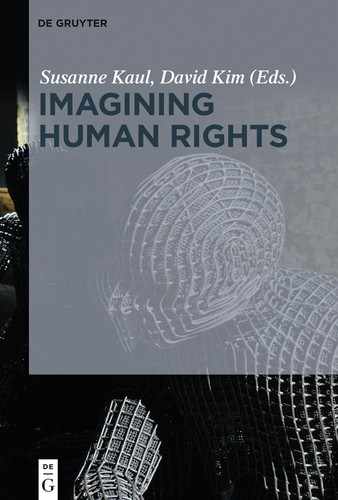Book Description
Why is it that human rights are considered inviolable norms of justice at local and global scales although the number of their violations has steadily increased in modern history? On the surface, this paradox seems to be reducible to a straightforward discrepancy between idealism and reality in humanitarian affairs, but Imagining Human Rights complicates the picture by offering interdisciplinary perspectives on the imaginary status of human rights. By that the contributors mean not merely subject to imagination, open to interpretation or far too abstract, but also formative of a social imaginary with emphatic identifications and shared values. From a variety of disciplinary perspectives, they explore critical ways of engaging in rigorous interdisciplinary conversations about the origin and language of human rights, personal dignity, redistributive justice, and international solidarity. Together, they show how and why a careful examination of the intersection between disciplinary investigations is essential for imagining human rights at large. Examples range from the legitimacy of land ownership rights and the inadequacy of human faculty to make sense of mass violence in visual representation to the stewardship of human rights promoters and the genealogy of human rights.
